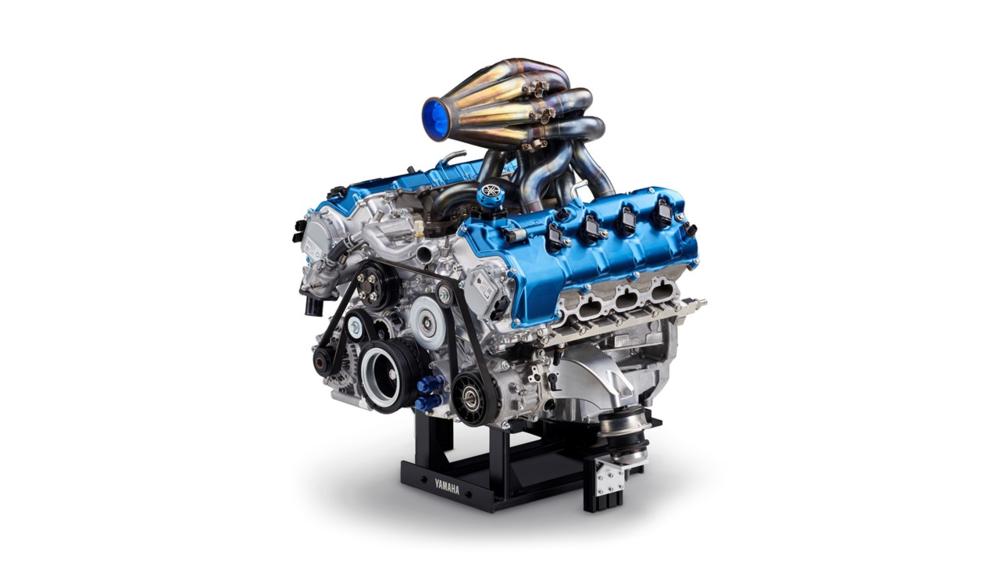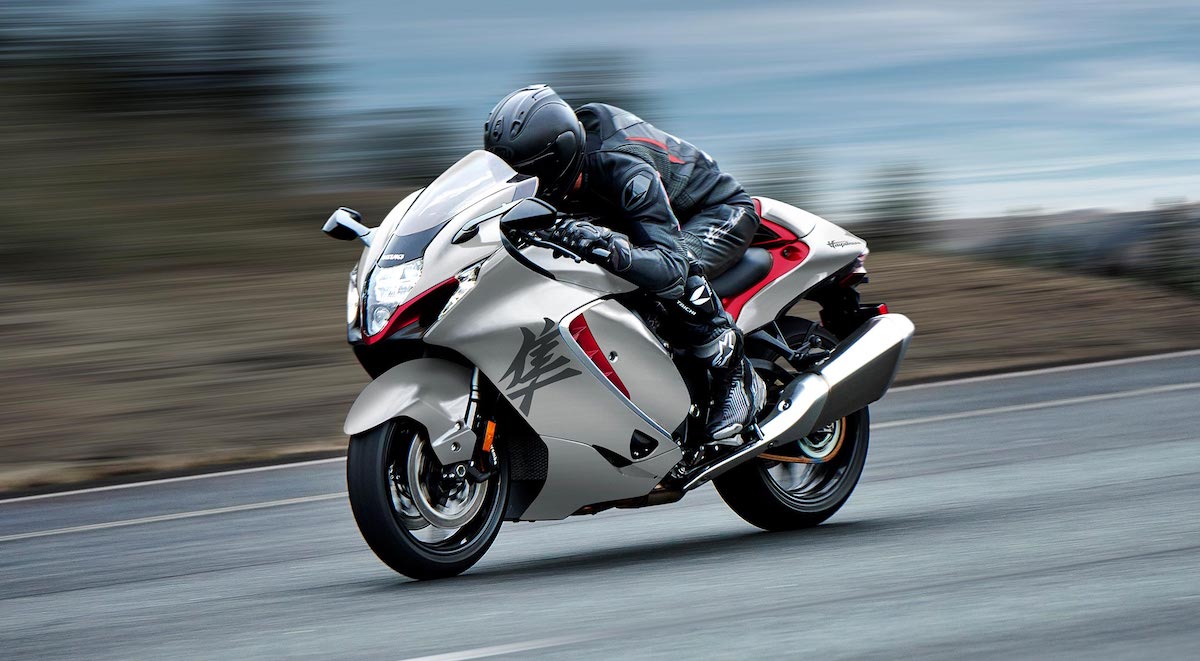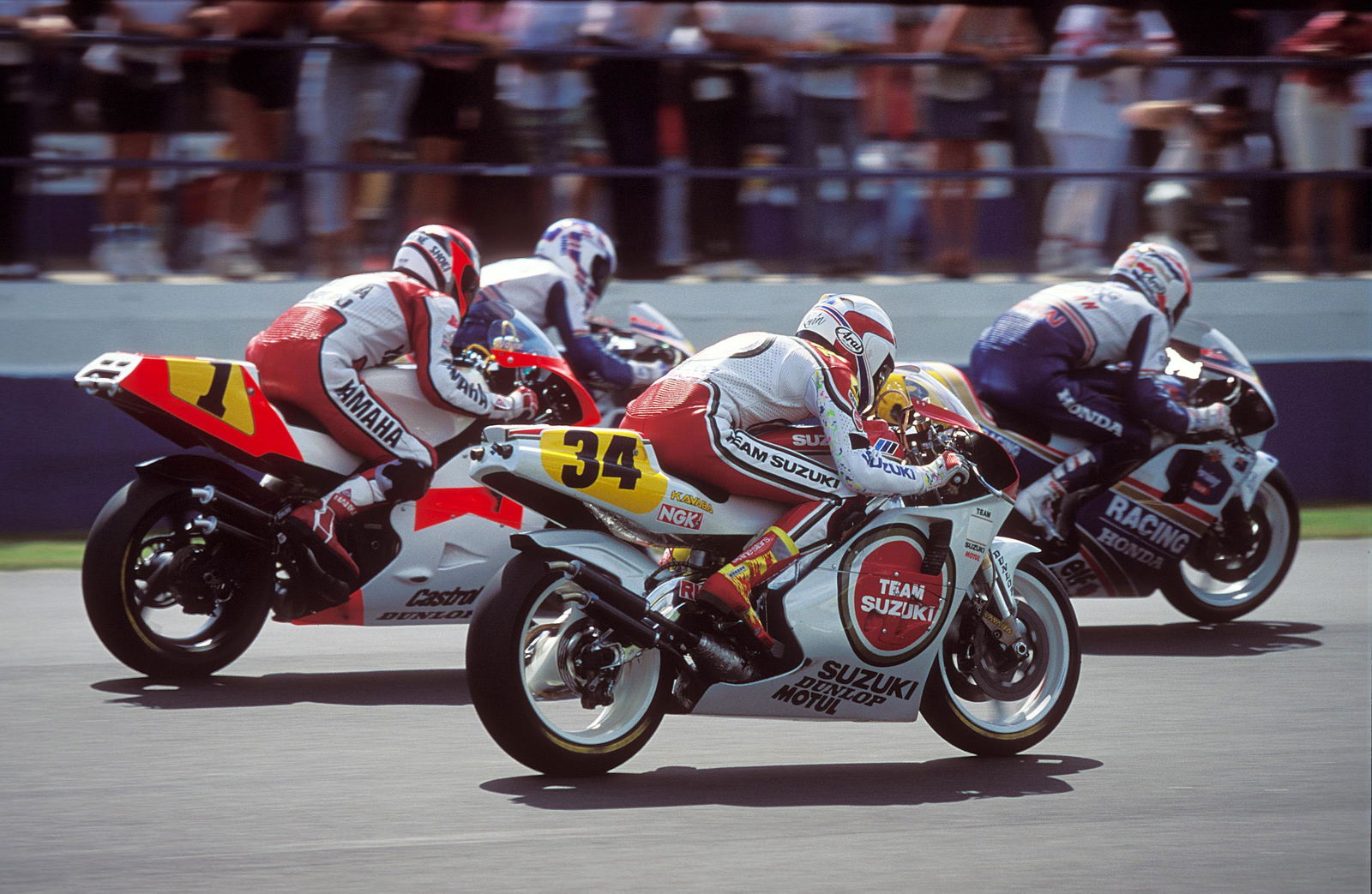BMF announces 'decarbonisation' policy, opposes banning of combustion bikes
The British Motorcyclists Federation have detailed their decarbonisation policy after a recent meeting of the BMF Council on 9 April.

The British Motorcyclists Federation (BMF) have issued details on their 'decarbonisation' policy after a recent meeting of the BMF Council.
A meeting of the BMF Council on 9 April 2022 concluded in the approval of a new decarbonisation policy for the British Motorcyclists Federation.
.jpg?width=1600)
There are three key points in the BMF decarbonisation policy, regarding the use of internal combustion engine (ICE) motorcycles, the sale of ICE bikes, and the idea of electric battery technology as the only solution going forwards for motorcycles.
Specifically, the BMF “is opposed to any proposals to ban the use of motorcycles powered by internal combustion engines (ICE) while such vehicles are still capable of being run.” This is to say that while there is still petrol to be poured into the tanks of motorcycles, those motorcycles should be able to be ridden.
Additionally, the Federation “is opposed to a ban on the sale of new ICE-powered motorcycles while there is the possibility of providing alternatives to fossil fuel and while the electric vehicle charging infrastructure does not adequately support electric motorcycles.”

“Alternatives to fossil fuels,” as the BMF has put it, could include hydrogen, a fuel which has been the focus of a project of which Yamaha has recently been a part.
The BMF’s third and final point is that it “supports a technology-neutral approach to powering new motorcycles; we do not accept that electric battery technology is the only approach.”
The BMF’s Director, Anna Zee, said, “The use of motorcycles, however powered, rather than cars can make a valuable contribution to reducing carbon and particle emissions and congestion of course.”
 (1).jpg?width=1600)
Zee continued, “Electric motorcycles are proving particularly popular in the commuter market for small bikes and we expect an expansion in electric offerings in larger bikes. However we do not want to see resources wasted unnecessarily by building new when we don’t need to, and traditionally, in this country, we like to see our history on the road.”
Jim Freeman, Chair of the BMF, added, “The BMF Council has again proved to be a forward thinking forum for discussing policy.” He continued, “The subject of decarb, especially alternative power sources, along with Transport as a Service, CITS and the integration of motorcycles into an potentially autonomous world, were first on the Council’s agenda years ago.”
Freeman went on, “We all need to hold on tight, the changes in technology that involve motorcycling, and the challenges that it will bring, aren’t going to back off. The industry are already rising to the challenge, we, the riders, need to keep up. Can we envisage travelling across the continent using interchangeable, swappable battery packs, for example? 10 years is a long time, these days, in tech terms.”

